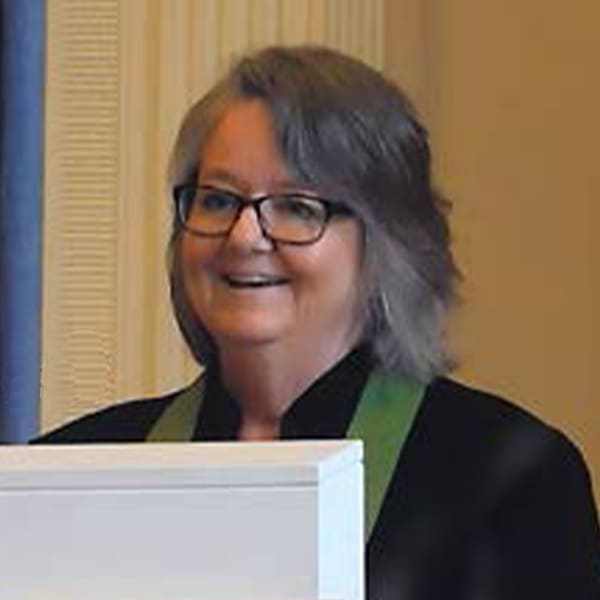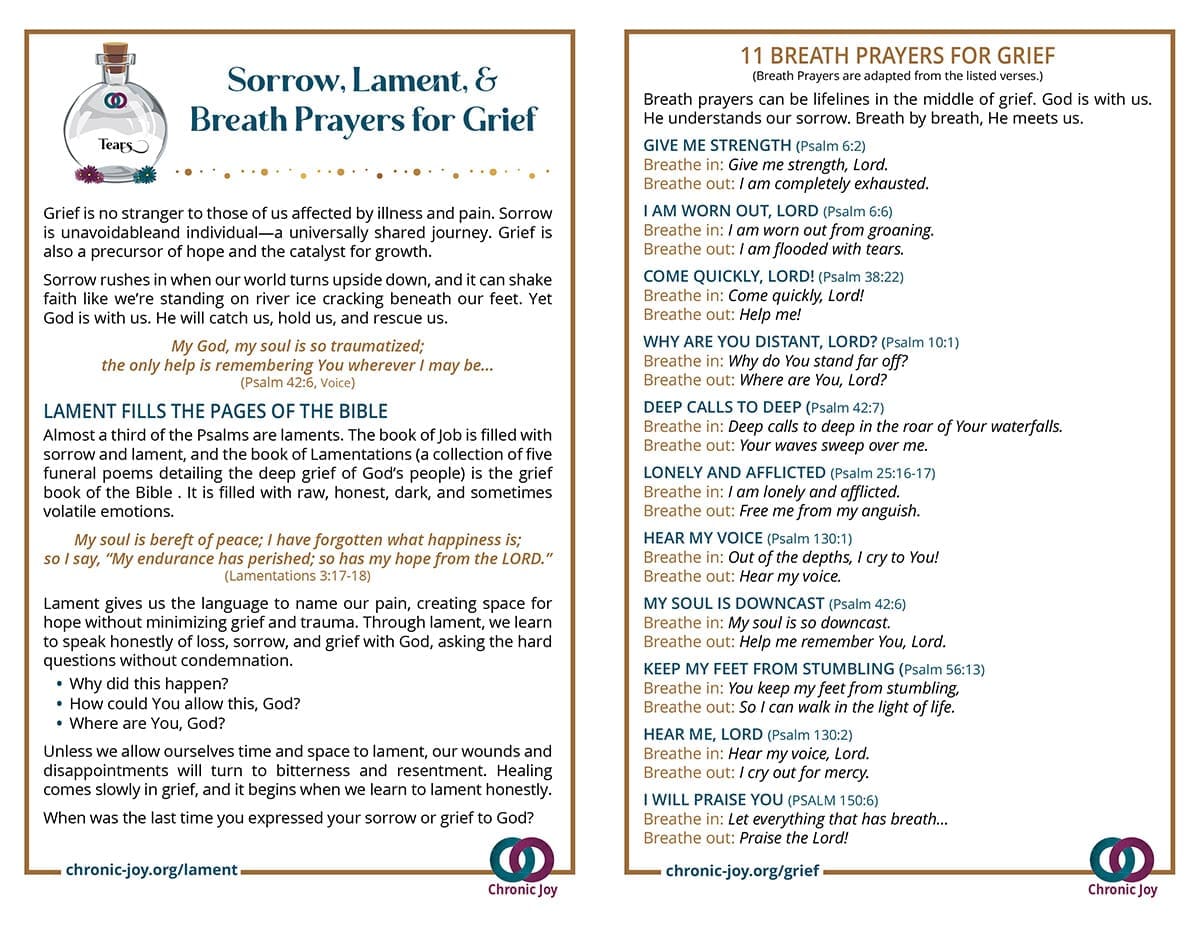
Lament has a role and a purpose in our relationship with God. (Julie Sheridan Smith)
Reflections on Psalm 130 – EXPLORING LAMENT
Out of the depths I cry to you, O Lord;
O Lord, hear my voice.
Let your ears be attentive
to my cry for mercy.
If you, Lord, kept a record of sins,
Lord, who could stand?
But with you there is forgiveness;
so that we can, with reverence, serve you.
I wait for the Lord, my whole being waits,
and in his word I put my hope.
I wait for the Lord
more than watchmen wait for the morning,
more than watchmen wait for the morning.
Israel, put your hope in the Lord,
for with the Lord is unfailing love
and with him is full redemption.
He himself will redeem Israel from all their sins.
Out of the depths, I cry to you, O Lord. Lord, hear my voice.
LAMENT REVERBERATES THROUGH THE SOUL
Imagine hearing these words through the deep tones of the bow pulled across the strings of a cello. You can feel this cry of lament reverberating through your skin and soul. As we hear the cello’s lament, we hear our voices crying out to God from our own experiences of grief or pain, depression or illness, frustration or confusion.
Such experiences are familiar to all of us at some point. I imagine this prayer has been spoken in our hearts and lifted to God in some way at some time. These feelings can be isolating and lonely.
WE ARE NOT LEFT IN DESPAIR
What a relief to know we are not left in our despair! There is no sense of abandonment or absence of God’s presence in this lament. The psalmist cries out insistently, proclaiming God’s character and passionate love. Even from the depths of chaos, we can have confidence, deep trust, and a knowing relationship with God.
We can hear God’s true essence spoken through the tone and experience of lament. At its core (even in the deep and the dark), lament fosters the knowledge of God’s mercy and forgiveness. The author of Psalm 130 knows God is not a punitive God interested in marking or keeping a tally of our failings. Thus, the psalmist can speak of the soul waiting for the Lord not with impatience or passivity but with assurance and expectancy (for the Hebrew word translated here as to wait also translates as to hope).
WAITING AND HOPING—LIVING EXPECTANTLY
Our spiritual life is like this. Our life with God is an unfolding process over time in which the depths of life breathe and communicate just as profoundly as the heights. Lament has a role and a purpose in our relationship with God.
The Psalmist writes of those who watch for the morning. We can imagine (in the time and place of the psalmist) a watchman waiting on the city wall, protecting the city through the night by watching for the enemy—yet also watching for the dawning light of day, knowing the light would come.
How often have you lain awake at night, those hours seeming longer than any daytime hours? Yet when morning comes, even though we may be exhausted, there is the chance for renewal and trust that God has been listening with us in the dark.
Jesus has been to the cross, so when we feel our own lives have been crucified with pain, we can cry out from the depths of our sorrow, knowing He is right there with us. We remember that sorrow and pain walk hand in hand with the sure knowledge of what God can do—and we remember that even sorrow and deep pain can watch, wait, and hope.
As you begin exploring lament, may you hear this in the depth of your own heart today. Amen.


Rev. Julie Sheridan-Smith
Julie is a mother, wife, ordained minister, and a Chronic Joy® founding board member. She and her husband have three adult children. Julie became personally aware of chronic pain when her daughter began experiencing constant and excruciating back pain, resulting in surgery. Yet the pain continued, and other unexplained issues began—nausea, stomach pain, and inability to keep food down. During her senior year in high school, Julie’s daughter became gravely ill with gastroparesis and spent much of her senior year in and out of the hospital. The quest for relief and solutions, the ongoing struggle of chronic illness, and the anxiety that accompanies both have drawn Julie to seek to know and speak of God’s presence in and through the reality of chronic pain, both for the one experiencing it and for those who love them.

Sorrow, Lament & Grief
Grief is no stranger to those affected by chronic illness, mental illness, chronic pain, and disability. It is both a universally-shared human experience and uniquely individual.

Recent Comments